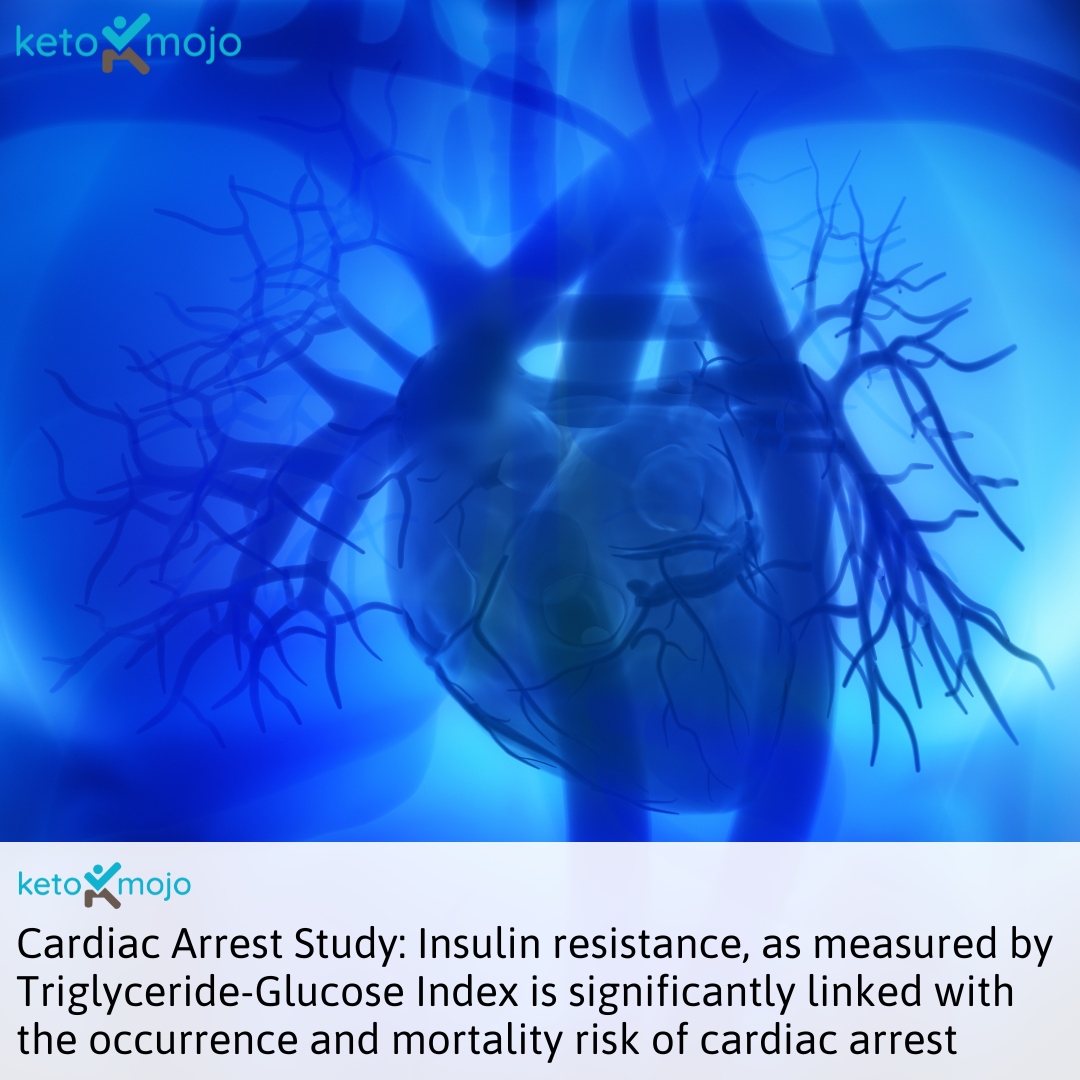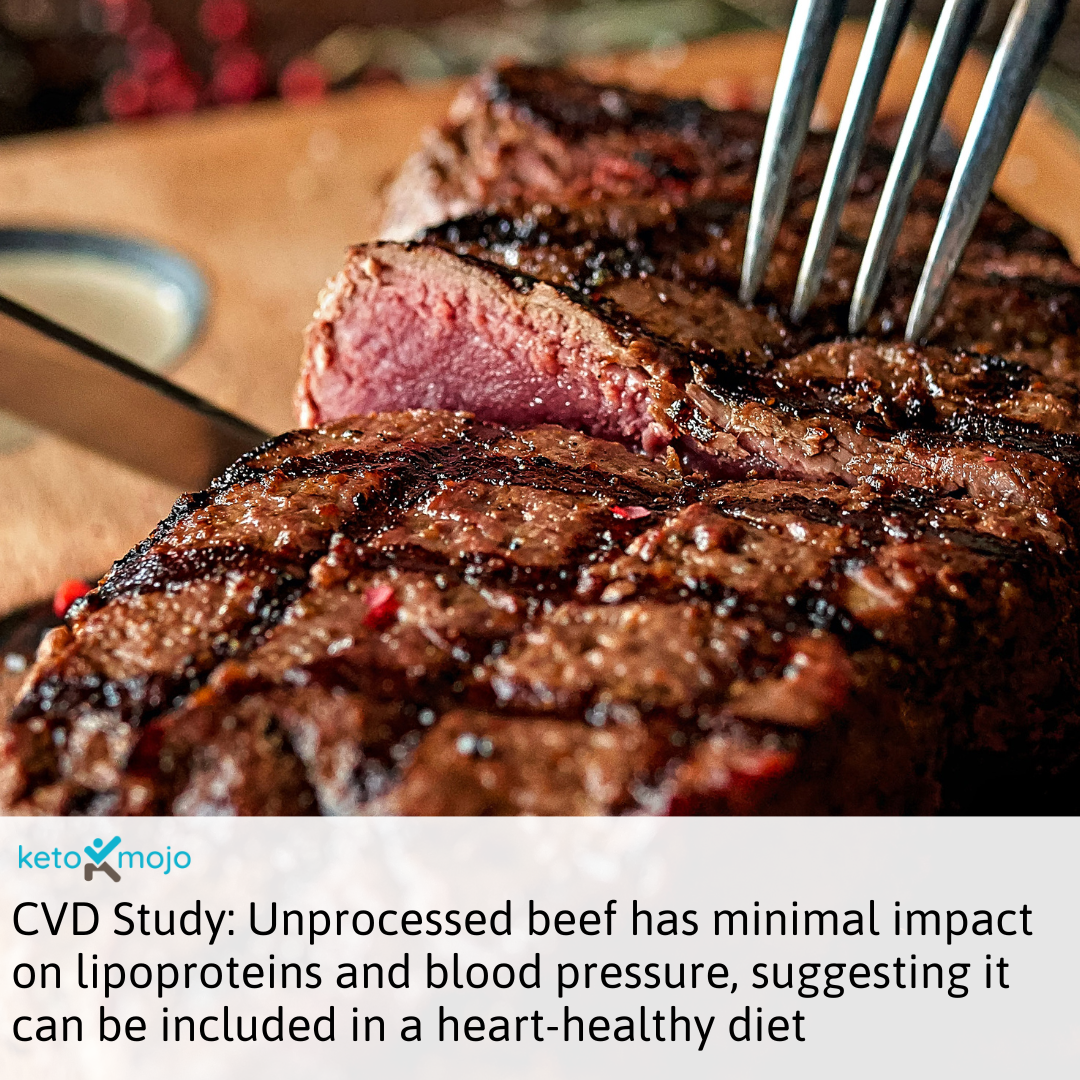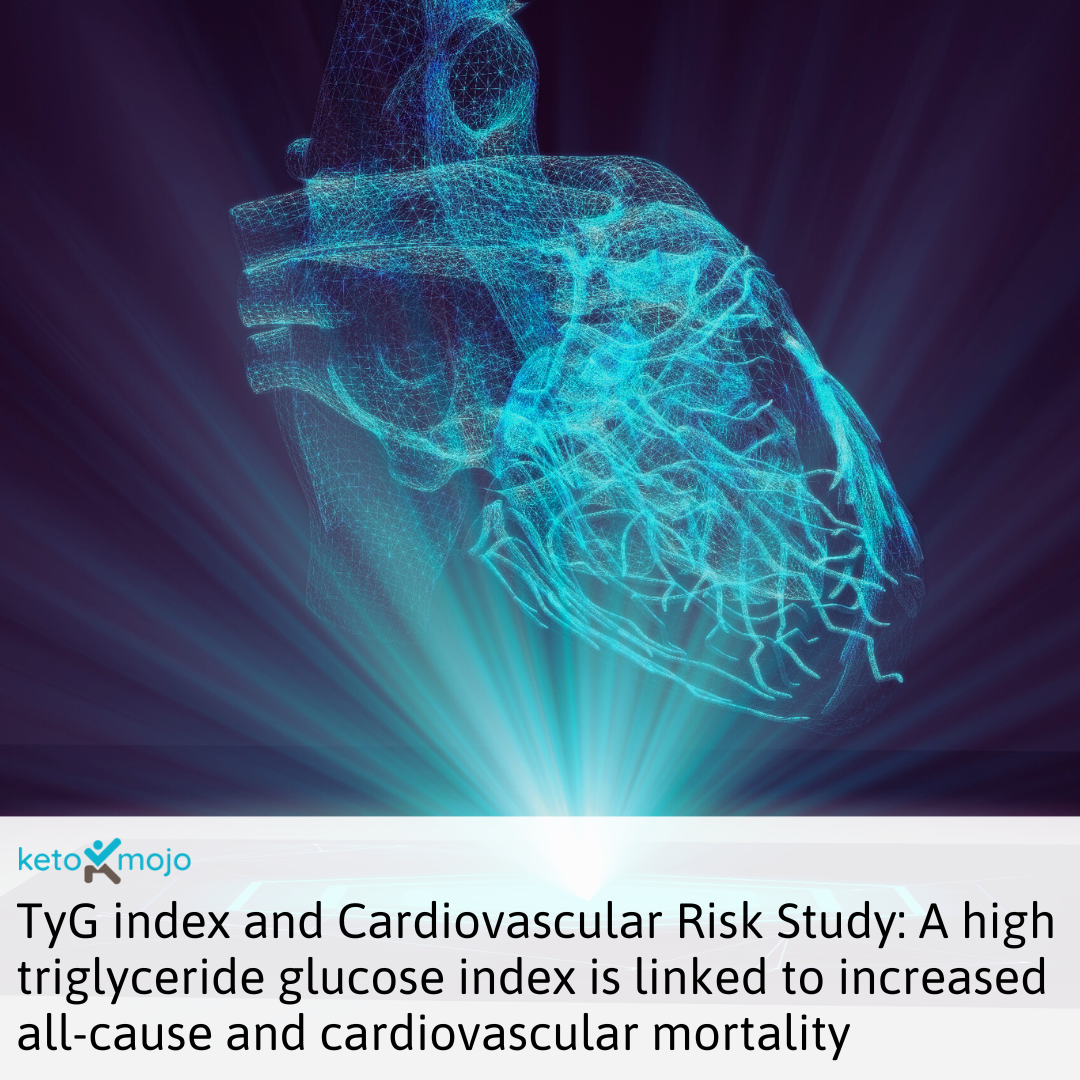Cardiovascular Disease
Triglyceride-glucose index is associated with the occurrence and prognosis of cardiac arrest: a multicenter retrospective observational study

The Triglyceride-glucose (TyG) index, a product of fasting triglycerides and fasting glucose levels, is recognized as an effective marker for insulin resistance and has been linked to several cardiovascular diseases. However, its association with cardiac arrest is not well-understood.
This study aimed to explore the relationship between the TyG index and cardiac arrest incidence and outcomes.
Methods:
Using the eICU Collaborative Research Database, critically ill patients, including those post-cardiac arrest, were identified. Their TyG indices, calculated from triglyceride and glucose values taken within 24 hours of ICU admission, were analyzed in relation to in-hospital and ICU mortality. Advanced statistical techniques and adjustments were applied to balance patient characteristics and minimize bias.
Results:
Out of 24,689 critically ill patients, 1,021 experienced cardiac arrest. The post-cardiac arrest patients had a notably higher TyG index. The TyG index was identified as an independent risk factor for both in-hospital and ICU mortality in post-cardiac arrest patients.
An increased TyG index was consistently linked to heightened mortality risks, and it was found to be negatively correlated with the neurological health of post-cardiac arrest patients.
Conclusion:
A higher TyG index is significantly linked with a greater likelihood of cardiac arrest and an increased mortality risk in post-cardiac arrest patients. This research broadens our understanding of the TyG index’s role in cardiovascular diseases and underscores the need for further prospective studies.







